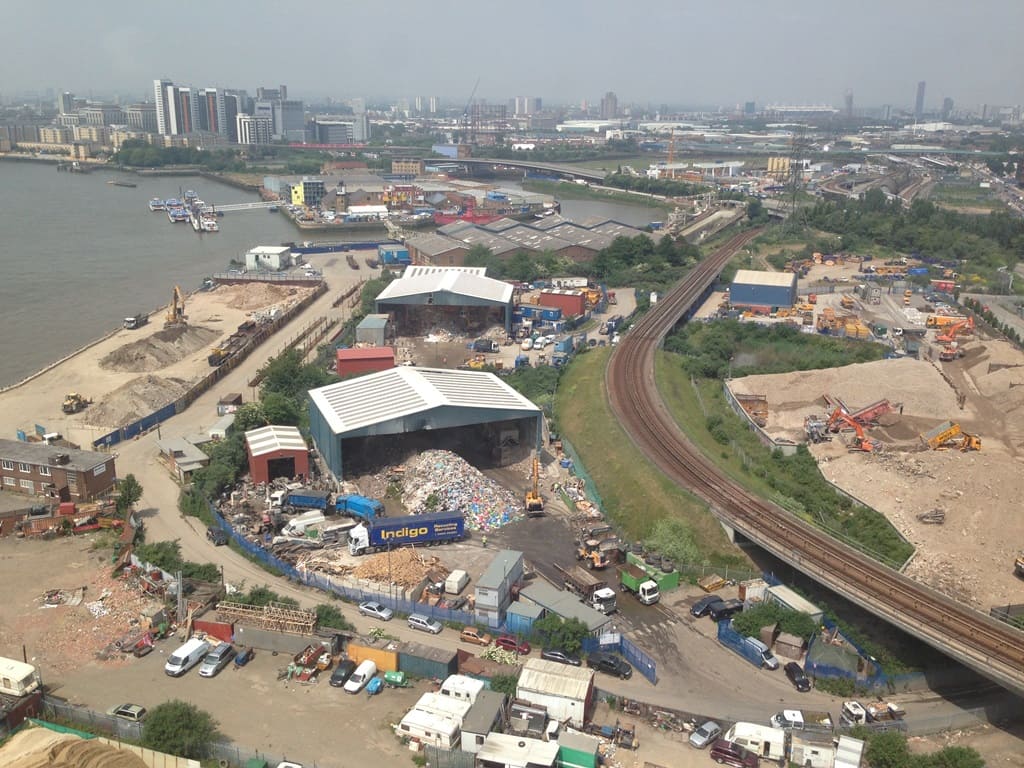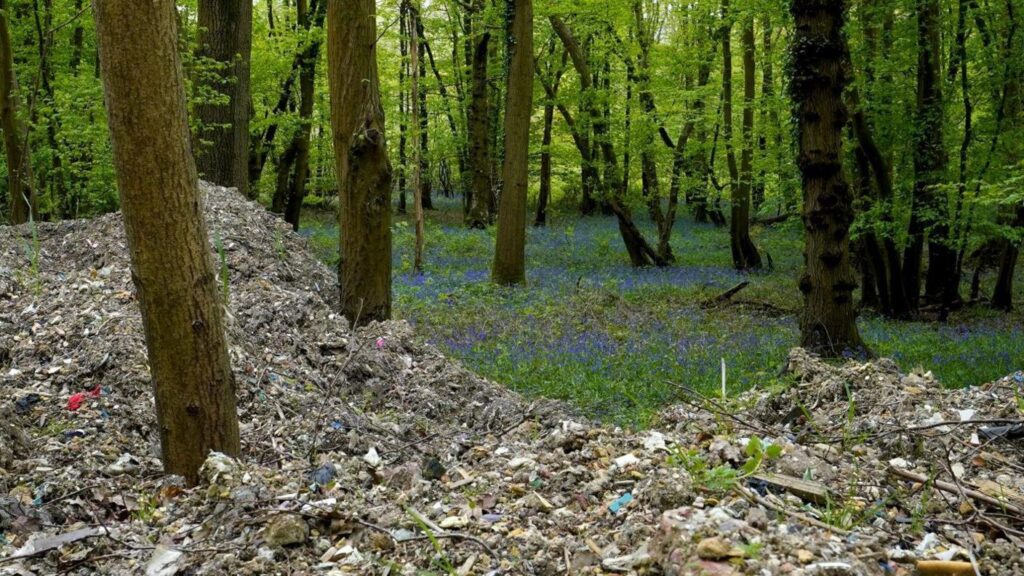
Demolition and engineering company McGee Group had appealed a condition placed in its environmental permit for the Silvertown site which stipulated that all wastes must be stored and treated within a fully-enclosed building, with doors on any access routes, by 2017.
The Environment Agency imposed this condition on the firm in 2014 after air quality monitoring revealed ‘very high’ levels of particulate matter pollution (PM10 – dust particles up to 10 micrometers in size) in the area.
When inhaled, PM10 can penetrate deep into the lungs and is associated with a range of heart and lung problems.
However, the McGee Group appealed this condition, with the Planning Inspectorate left to decide whether the forced enclosure of the firm’s activities was ‘reasonable and necessary in the interest of safeguarding human health and preventing pollution’.
And, although it recognised the uncertain future of the site due to the proposed Silvertown Thames Crossing project – which would see a tunnel constructed under the river and a subsequent potential economic impact on the business – the McGee Group’s appeal against enclosing its activities was dismissed.
Particle emissions
The Planning Inspectorate found that there were insufficient reasons for the firm not to enclose the operations “given the implications of non-compliance in terms of particulate emissions for public health”.
Welcoming the decision, the Environment Agency said the verdict was part of ongoing work it is undertaking alongside the London borough of Newham council and the Greater London Authority to reduce emissions of particulates in the area.
Pollution prevention and control officer at the Environment Agency, Chris Lowe, said: “We are very pleased to hear of the Planning Inspector’s decision and the recognition that it is indeed appropriate for us to require the enclosure of waste operations which have the potential to contribute to poor air quality.
“Operators of similar waste management sites should take all steps to ensure their activities do not cause air pollution. We maintain our position that full enclosure is best practice. Any applicants for new waste management sites should be prepared to fully enclose their operations. We will be targeting existing, poorly performing sites to ask them to enclose their current operations.”
A spokeswoman for the McGee Group, which is headquartered in Wembley, said it was “not in a position to comment at the present time”.








Subscribe for free